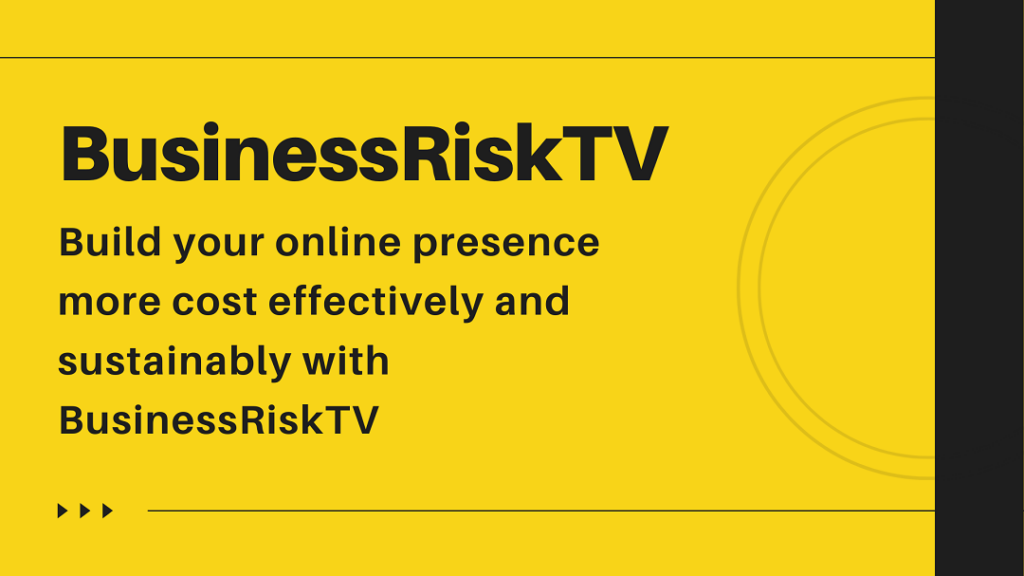How do businesses increase sales?
Increasing business sales is crucial for the growth and success of any business. It is essential to understand that sales are not just about making profits but also about creating an amazing experience for your customers. Here are some key reasons why increasing sales is important and what you can do to achieve this.
Why Increasing Sales is Important
1. Revenue Growth : Sales are the primary source of revenue for any business. Increasing sales means more money coming into the business, which can be used to invest in growth, expand operations, and improve services.
2. Customer Satisfaction : When you focus on creating an amazing experience for your customers, they are more likely to return and recommend your business to others. This leads to increased customer loyalty and retention, which is vital for long-term success.
3. Competitive Advantage : In a competitive market, increasing sales can be a key differentiator for your business. By offering unique and innovative products or services, you can attract and retain customers who are looking for something special.
What You Can Do to Increase Sales
1. Be Focused on Existing Customers : Don’t lose focus on your existing customers in the quest to get new ones. Instead, direct your efforts towards making people who have used your products or services use you again and learn how to retain them.
2. Reach More People in Your Target Market : Expand the reach of your marketing efforts to attract new customers. This can be done through various channels such as social media, email marketing, and targeted advertising.
3. Know Your Competitors : Learn about your competitors and discover new techniques to stay ahead. This can include understanding their strengths and weaknesses and finding ways to differentiate your business.
4. Unique and Innovative Products : Ensure your customers are completely satisfied with your products or services. Offer innovative and unique solutions that make your business preferable to others.
5. Cultivate Value : Create and cultivate value in all aspects of your business. This can be done through staff training, customer service, and loyalty programs.
6. Build a Customer Service Approach : Ensure your customers have access to a diverse range of products and services. Monitor your brands and address any complaints instantly. Make your customers feel welcomed and appreciated.
7. Customer Relations : Improve customer relations by treating available customers genuinely. Ensure your employees appreciate and treat customers well, which can lead to positive word-of-mouth and increased sales.
8. Promotion : Use marketing and promotions to make your customers aware of your products or services. Offer discounts, free samples, and other incentives to attract new customers and retain existing ones.
9. Reward Marketing : Use reward marketing to get your customers’ attention and inform them of what you have to offer. Reward your customers for their loyalty and business to encourage repeat purchases.
9 Tips to Grow Your Business Faster
1. Sell Solutions to Problems/Challenges : Focus on solving problems and challenges for your customers. Tailor your products or services to meet their specific needs and differentiate yourself from competitors.
2. Keep Your Mouth Shut and Your Ears Open : Listen to your customers and pay attention to what they are saying. Use this information to tailor your offerings and improve customer satisfaction.
3. Always Be Prospecting : Identify potential new customers and qualify them based on their needs and potential for conversion.
4. Sell with Questions Not Answers : Ask questions to understand your customers’ needs and tailor your offerings accordingly. This approach helps build trust and increases the chances of a sale.
5. Don’t Ignore Your Existing Customers : Focus on retaining existing customers by providing excellent customer service and offering loyalty programs.
6. Acknowledge Current Customer Behaviour : Understand your customers’ behaviour and adjust your strategies accordingly. This can include offering targeted promotions and improving customer service.
7. Run Sales and Marketing Promotions : Run promotions for your existing customers to reward their loyalty and encourage repeat business.
8. Use Customer Feedback : Use customer feedback to identify opportunities and improve your products or services. This can lead to increased customer satisfaction and loyalty.
9. Over-Deliver : Always over-deliver on your promises to your customers. This can include providing more value than expected or exceeding customer expectations in terms of service.
In conclusion, increasing sales is crucial for the growth and success of any business. By focusing on creating an amazing experience for your customers, you can increase customer satisfaction and loyalty, which can lead to increased sales and revenue. Implementing these 9 tips can help you grow your business faster and achieve long-term success.
Sources
[1] 9 Ways to Increase Sales in Your Business | Forbes Burton https://www.forbesburton.com/insights/9-ways-to-increase-sales-in-your-business
[2] 10 Tips on How to Increase Sales for Your Small Business in 2021 – Keap https://keap.com/business-success-blog/sales/sales-process/how-to-increase-sales
[3] Top 10 Sales Tips to Boost Your Business – Enlighten IC https://www.enlighten-ic.com/blog/top-10-sales-tips-to-boost-your-business
[4] How to Increase Sales for Your Small Business https://www.business.com/articles/12-ways-to-increase-sales/
[5] 16 Simple Ways To Increase Business Sales – Forbes https://www.forbes.com/sites/forbesbusinesscouncil/2023/03/16/16-simple-ways-to-increase-business-sales/?sh=58da00853106
Get help to protect and grow your business faster
Subscribe for free business risk alerts and risk reviews
Read more business risk management articles for free







